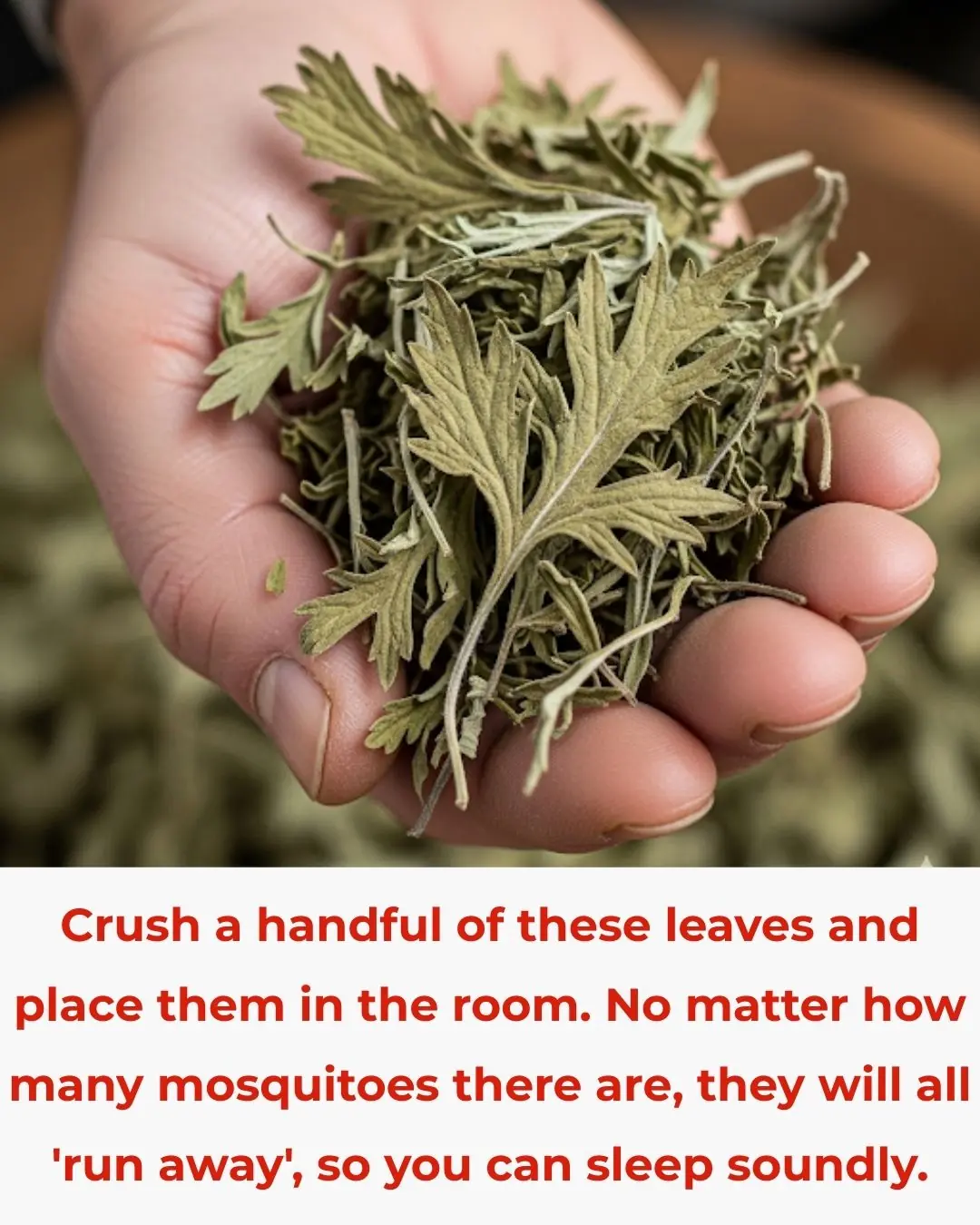
7 Items You Should Never Store in the Freezer – Like Ticking Time Bombs
The refrigerator is an essential appliance in every household, and the freezer compartment is especially useful for preserving fresh food or quickly chilling beverages. However, not everything belongs in the freezer. Some seemingly harmless items can turn into hazardous materials when frozen—causing damage to your fridge, or worse, posing real risks to your safety and health.
Below are 7 items you should absolutely avoid putting in your freezer, along with the scientific reasons why.
1. Carbonated Drinks, Beer, and Sealed Bottled Alcohol
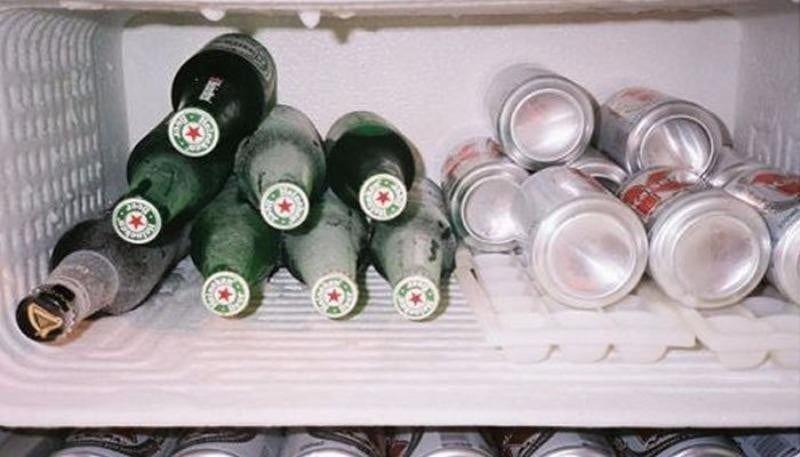
This is one of the most common causes of freezer-related accidents. Carbonated drinks such as soda and beer contain carbon dioxide (CO₂) under high pressure. When frozen, the liquid expands while the gas remains trapped, creating extreme pressure inside the bottle or can. This can cause it to burst or even explode.
If the container is glass or a sealed aluminum can, the danger increases significantly. Glass shatters easily under pressure, sending sharp fragments flying—potentially injuring anyone nearby and damaging your fridge's internal components.
Tip: Never chill beer or soda in the freezer "just for a few minutes" and forget about it. It's not worth the risk.
2. Glass Bottles with Liquids (Water, Milk, Juice, etc.)
It might seem harmless to pop a glass bottle of water or juice into the freezer. However, as the liquid inside freezes and expands (by around 9%), it creates pressure that can crack or shatter the glass.
This not only creates a mess but also a safety hazard. Broken glass can puncture freezer walls or damage the cooling coils—leading to expensive repairs or even total appliance failure.
Safer Alternative: Use plastic or silicone containers designed for freezing, and always leave some space for liquid expansion.
3. Pressurized Aerosol Cans (Spray Bottles, Bug Spray, Air Fresheners)
Many household spray products contain compressed gases and flammable solvents. When stored in the freezer, the temperature drop can cause rapid pressure changes inside the can, which may lead to explosions.
In worst-case scenarios, these cans can ignite if exposed to sparks, resulting in fire or injury. This applies to aerosol hairsprays, deodorants, and even whipped cream dispensers.
Remember: Aerosols are designed for room-temperature storage. Freezing them is never safe.
4. Whole Eggs in the Shell
Eggs expand when frozen, which causes the shell to crack under pressure. As a result, the egg white and yolk may leak out, creating a sticky mess that not only smells but also compromises hygiene in your freezer.
Worse, the liquid contents can drip into sensitive cooling components, leading to long-term damage.
Pro Tip: If you need to freeze eggs, crack them into a freezer-safe container or ice cube tray first.
5. Cosmetic Products with Oils or in Spray Form
Some people put facial mists, serums, or moisturizers in the freezer to prolong shelf life or enjoy a cooling effect. However, cosmetics that contain oils or volatile ingredients can separate, degrade, or lose effectiveness when frozen.
For aerosol beauty products, the explosion risk remains the same as with other pressurized cans.
Safe Storage: Keep beauty products in a cool, dry place—preferably in a designated skincare fridge if needed.
6. Airtight Plastic Containers with Liquids
Plastic containers may seem freezer-friendly, but if they're completely sealed and filled with liquid, they can crack or warp due to expansion during freezing. Some lower-quality plastics also become brittle at low temperatures, leading to leaks or chemical leaching into your food.
Solution: Use freezer-safe containers, and always leave space at the top for expansion.
7. Canned Drinks (Soda, Energy Drinks, Canned Juice)
Like bottled soda, canned drinks are pressurized and can explode when frozen. The expansion of the liquid can force the lid to pop off, causing a mess or worse—damaging other food items and creating unpleasant odors in the freezer.
Important: Never freeze canned beverages as a shortcut for chilling. Use ice or a fridge instead.
Safety Tips for Freezer Use
To keep your freezer safe and functional, follow these basic guidelines:
-
Never freeze sealed glass bottles with liquid inside.
-
Use containers rated for freezer use and always leave room for expansion.
-
Avoid storing aerosol products or cosmetics in the freezer—even briefly.
-
Label and regularly check frozen items to avoid spoiled or forgotten goods.
-
Read the packaging instructions of any item before placing it in the freezer.
Final Thoughts
Using your freezer wisely helps preserve food longer and ensures your appliance functions efficiently. However, storing the wrong items can turn your freezer into a danger zone—like a ticking time bomb.
Be a smart consumer. Understanding what should and shouldn’t go into your freezer not only protects your food quality but also safeguards your health, your home, and your appliance investment.
News in the same category

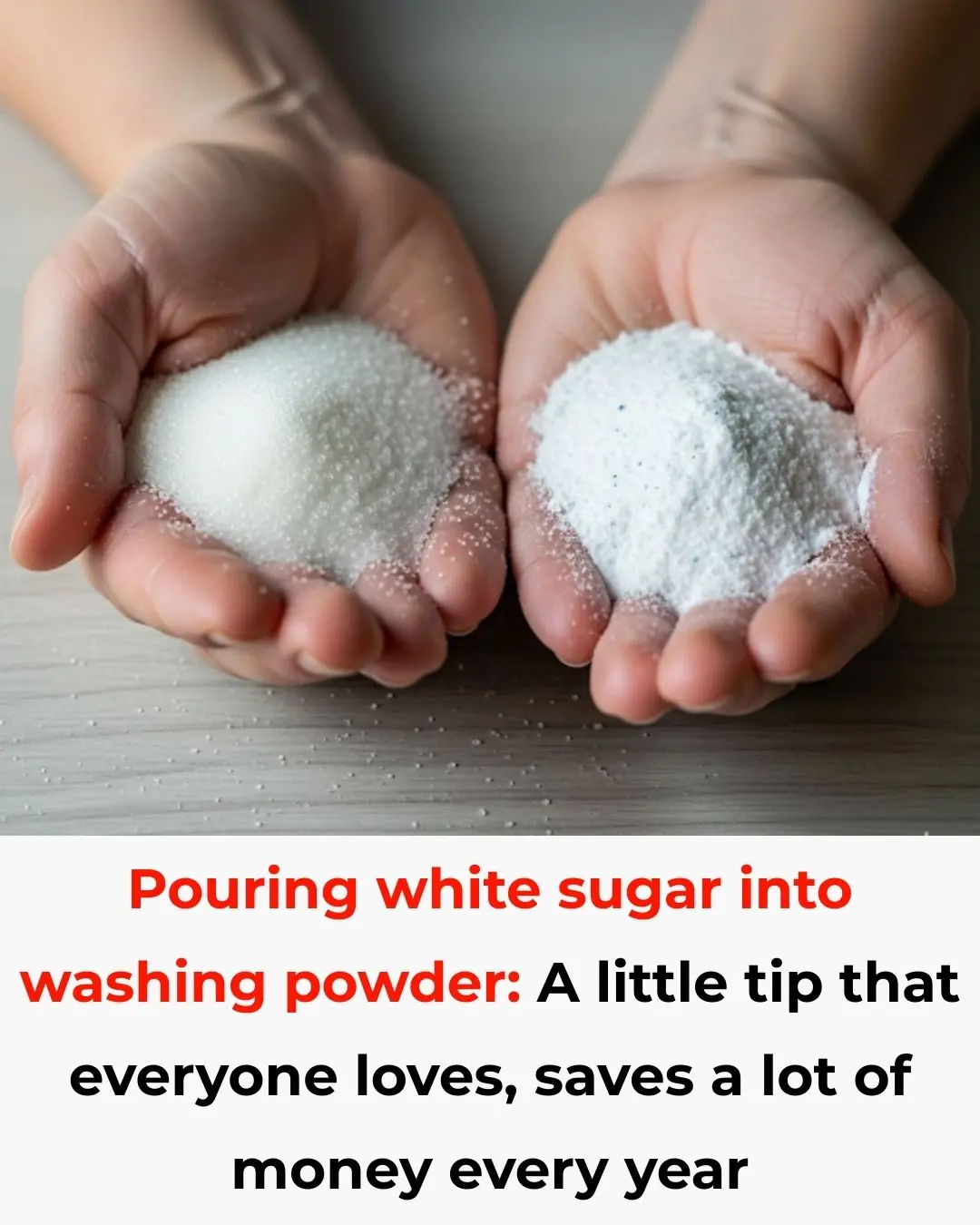
Pouring White Sugar into Detergent: A Simple Trick Everyone Loves That Saves You Big Every Year

5 Nutritious Vegetables That Can Harm Your Kidneys If Eaten Too Much
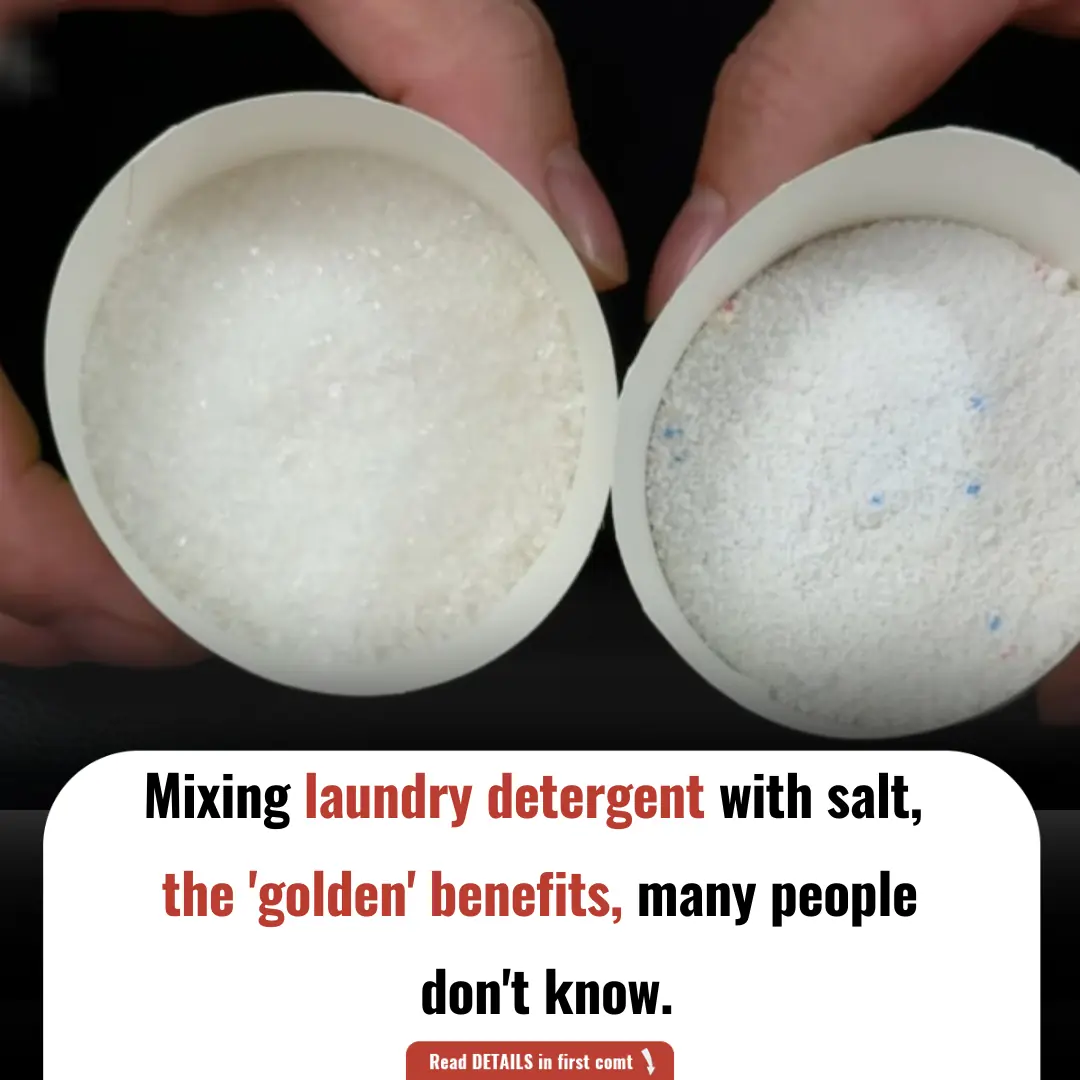
The Amazing Benefits of Mixing Laundry Detergent with Salt: A 'Golden' Solution You Should Try
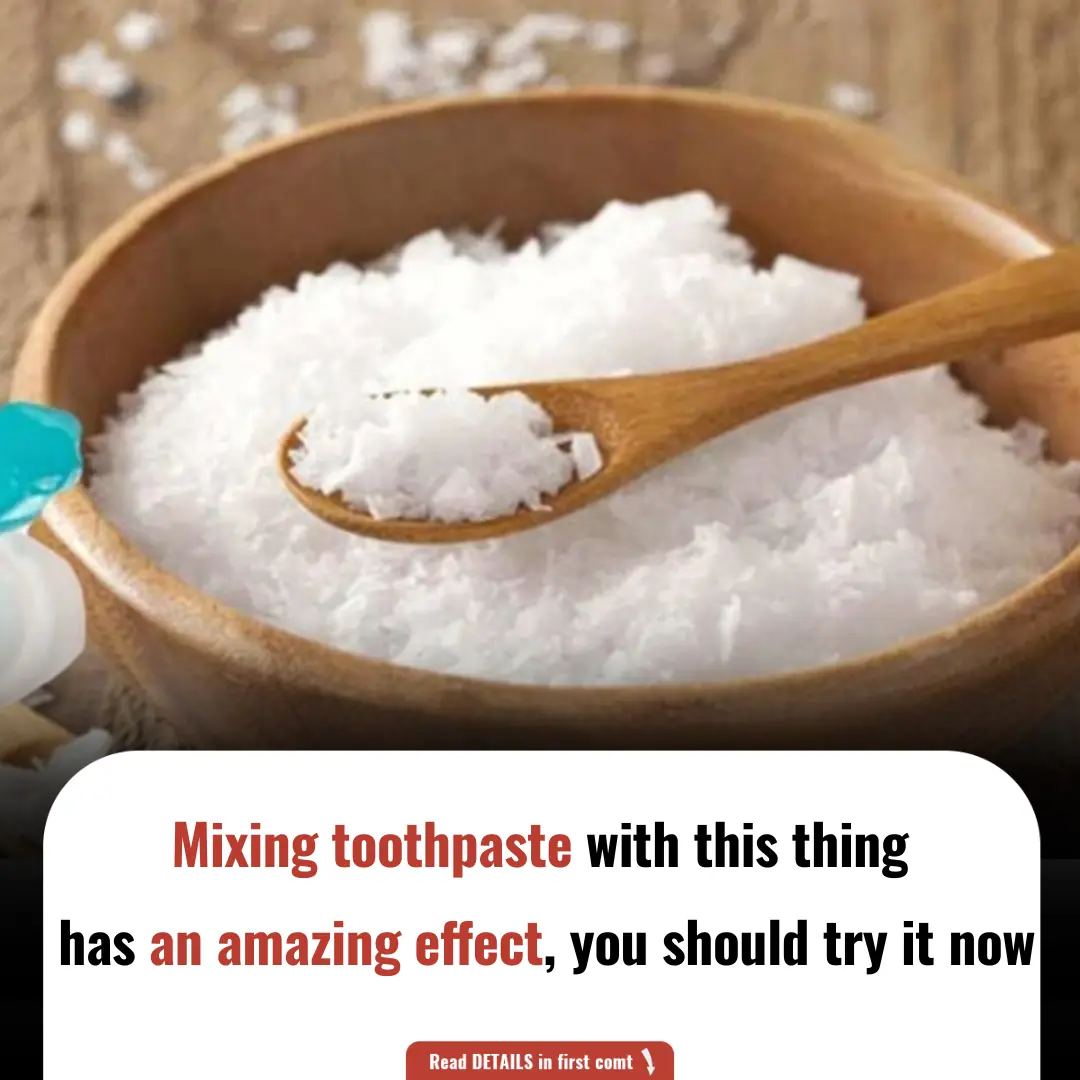
The Incredible Benefits of Mixing Toothpaste with Baking Soda: A Must-Try DIY Remedy

Water flowing from the air conditioner: What seems useless actually has many surprising benefits

What does a bitter taste in the mouth in the morning indicate?

Be careful when buying cooking oil: just three words on the label, no matter the brand, and it’s considered ‘blended oil’.
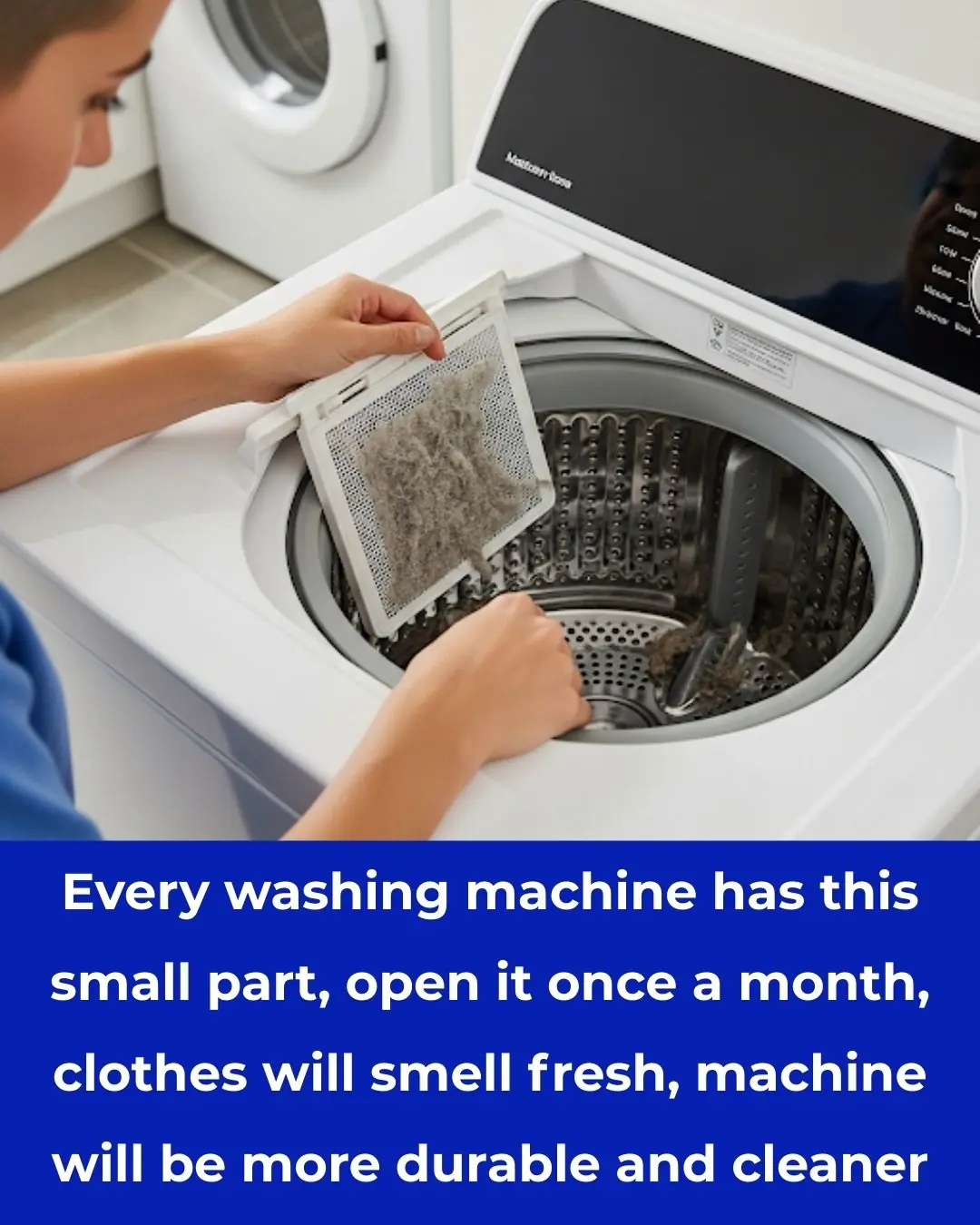
Every washing machine has this small part, open it once a month, clothes will smell fresh, machine will be more durable and cleaner
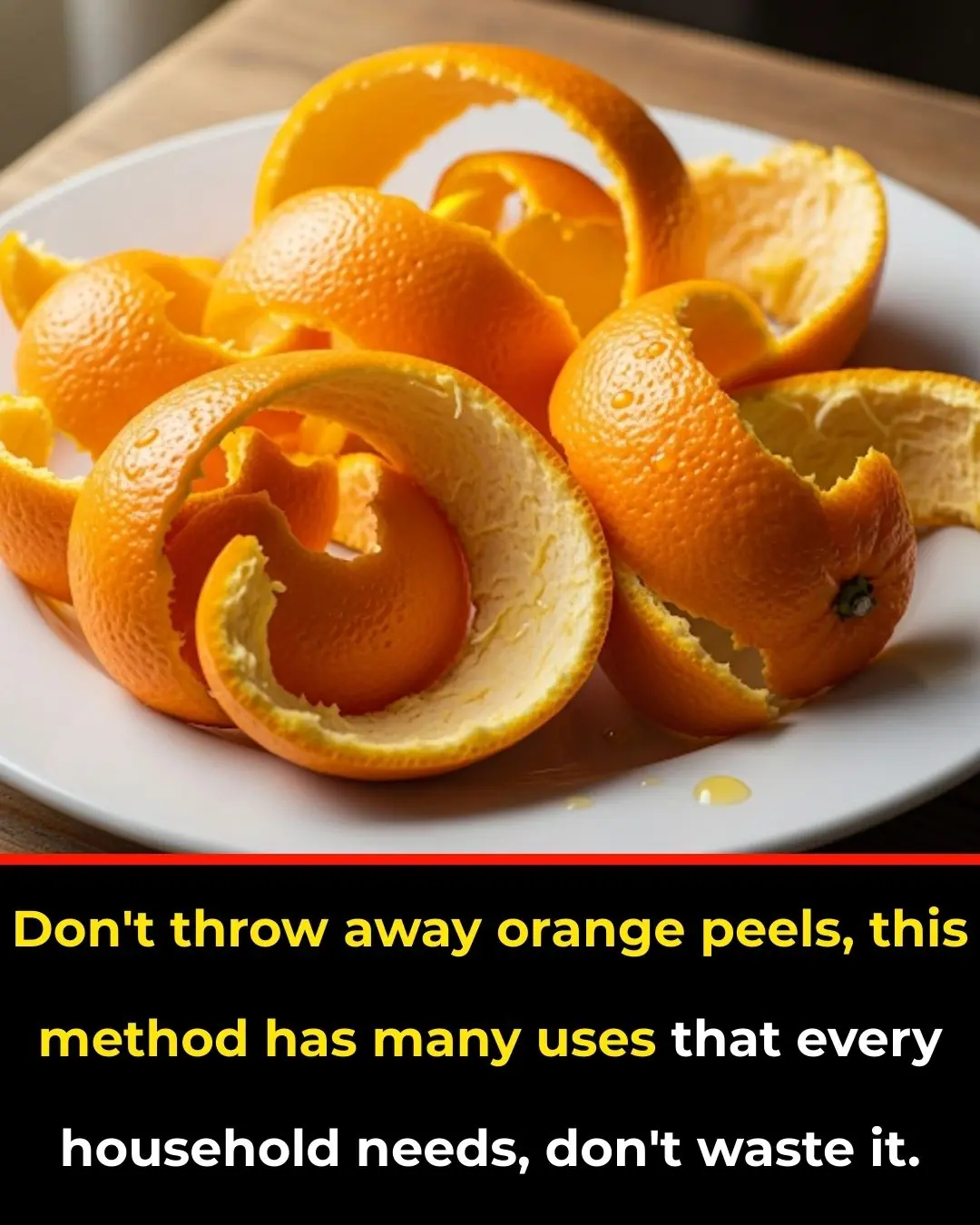
Don't throw away orange peels, this method has many uses that every household needs, don't waste it.
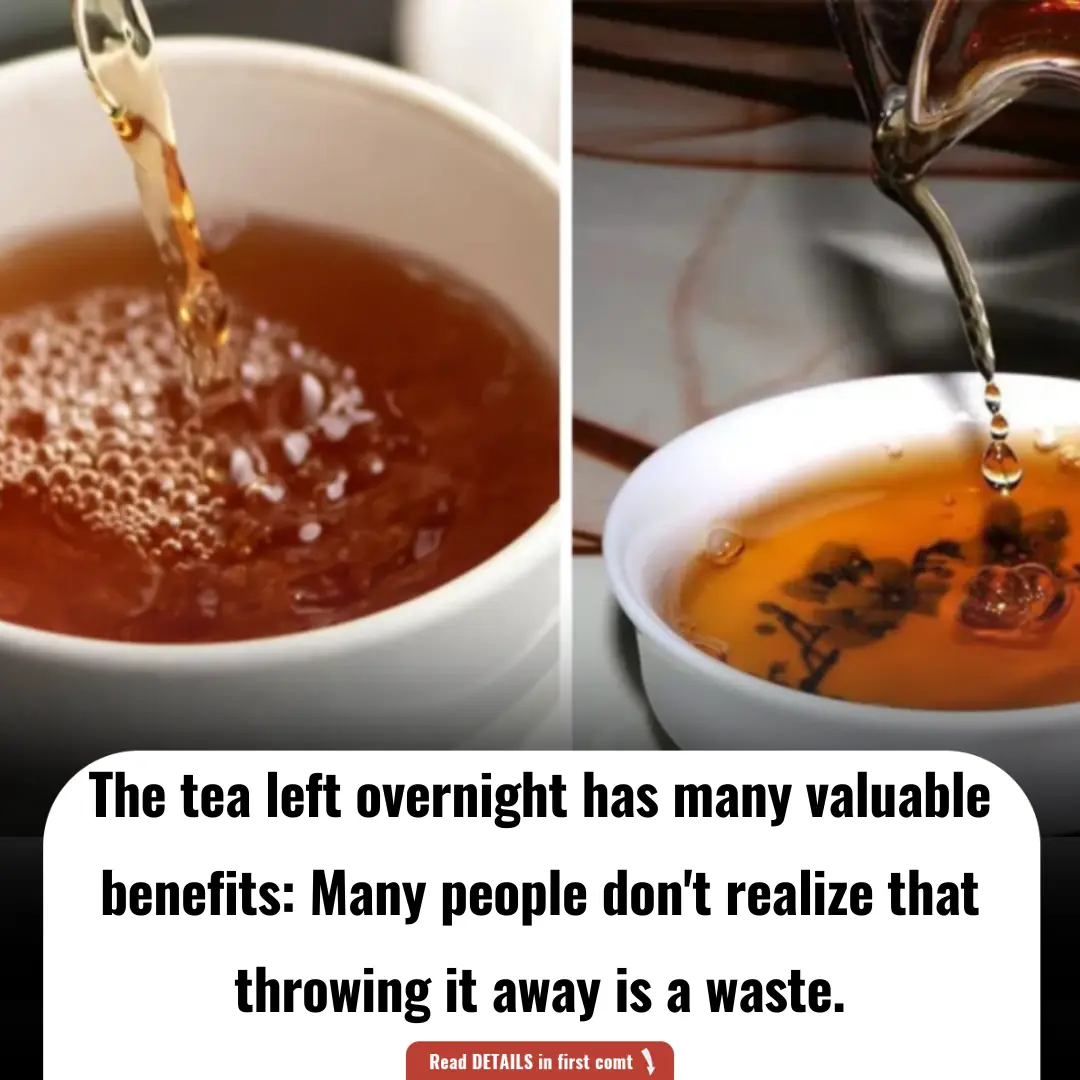
The Surprising Benefits of Overnight Tea: A Wasteful Habit You Might Not Know About

How to Clean Limescale Off Your Faucet in Just 25 Seconds with a Simple Trick

How to Clean Your Air Conditioner Easily in Just 15 Minutes — No Technician Needed, Even Women Can Do It Effortlessly
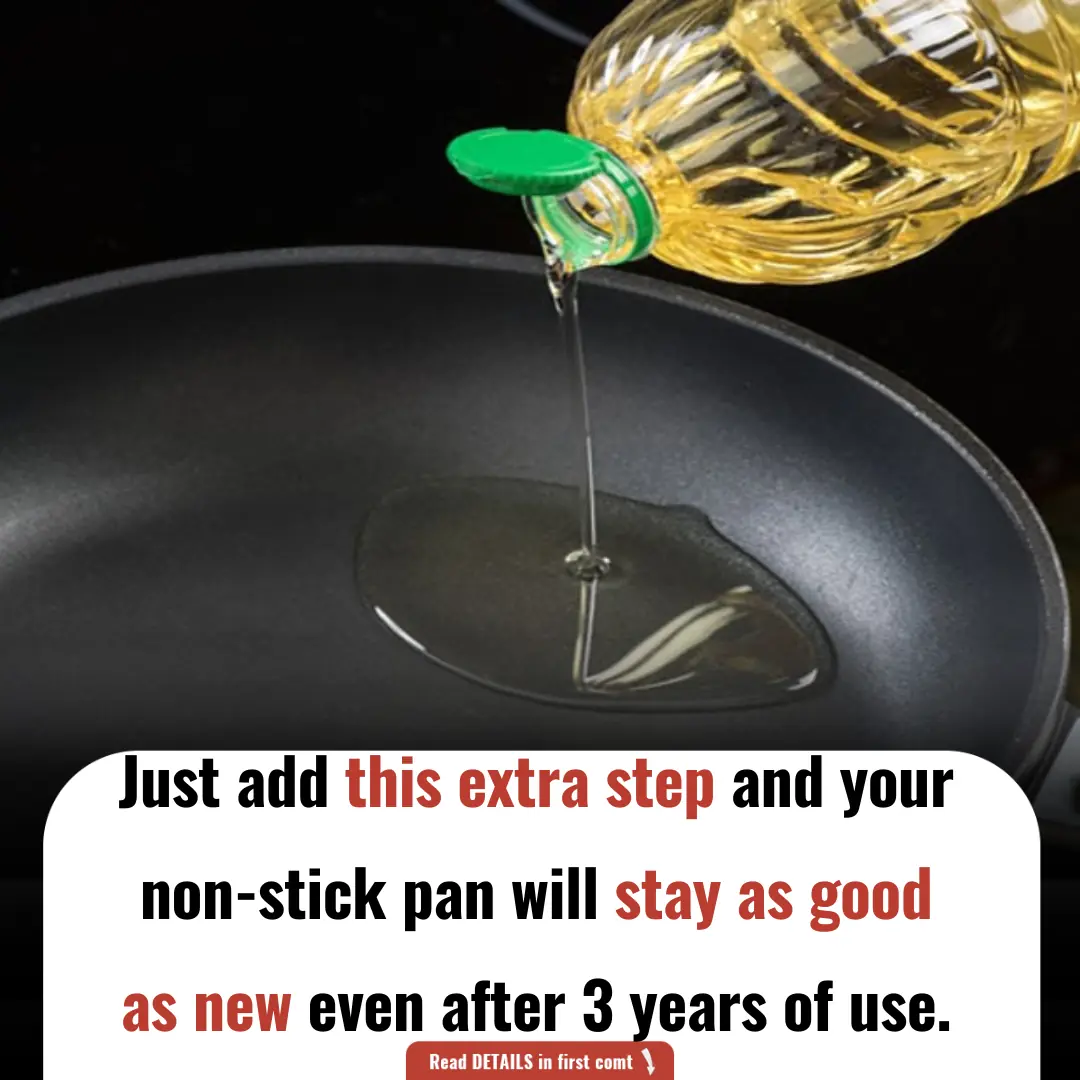
How to Keep Your Non-Stick Pan as Good as New for 3 Years: Simple Tips and Tricks

Using Electric Kettles to Boil Water: 9 Out of 10 Households Make This Mistake — Remind Your Loved Ones to Fix It Early

🌅 Three Morning Symptoms That Could Be Early Warning Signs of Cancer

Why You Shouldn't Pour Coffee Grounds into the Sink

Why You Shouldn't Turn on the Air Conditioner During Storms: A Waste of Money
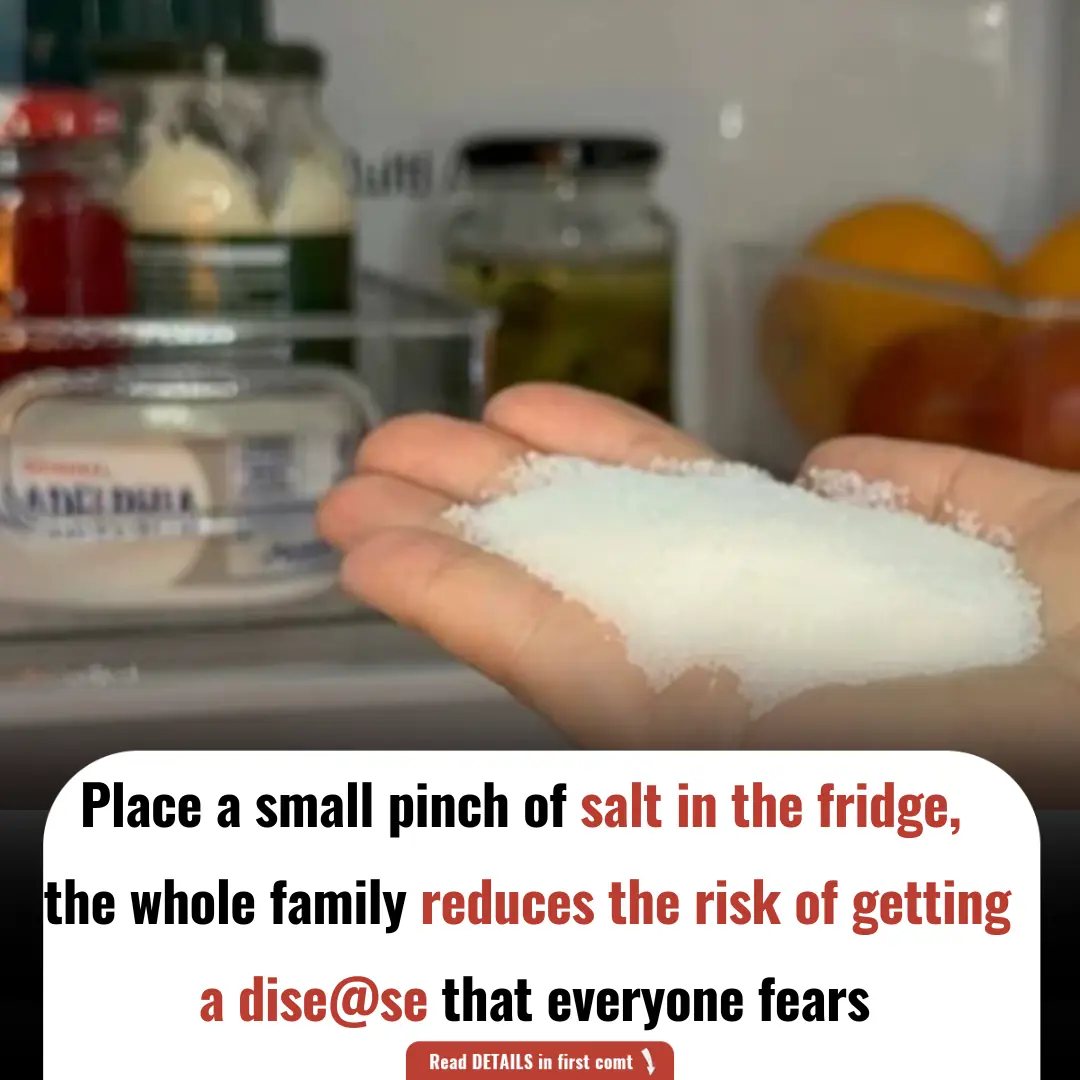
The Benefits of Keeping Salt in Your Fridge: A Simple Trick to Improve Health
News Post

Early-Stage Cancer May Not Hurt at First, But If You Notice These 8 Signs When Using the Bathroom, See a Doctor Immediately: Don’t Be Negligent

Crush This Bundle of Mugwort Leaves and Place It in Your Room — No Matter How Many Mosquitoes There Are, They’ll ‘Run Away’ and You Can Sleep Peacefully

Pouring White Sugar into Detergent: A Simple Trick Everyone Loves That Saves You Big Every Year

How True Love Shows Itself During Intimacy

The surprising truth about eating eggs every day

7 Early Signs Your Body is Fighting Cancer

9-year-old dies after dental procedure

Terri Irwin makes heartbreaking admission 19 years after Steve’s death

5 Nutritious Vegetables That Can Harm Your Kidneys If Eaten Too Much
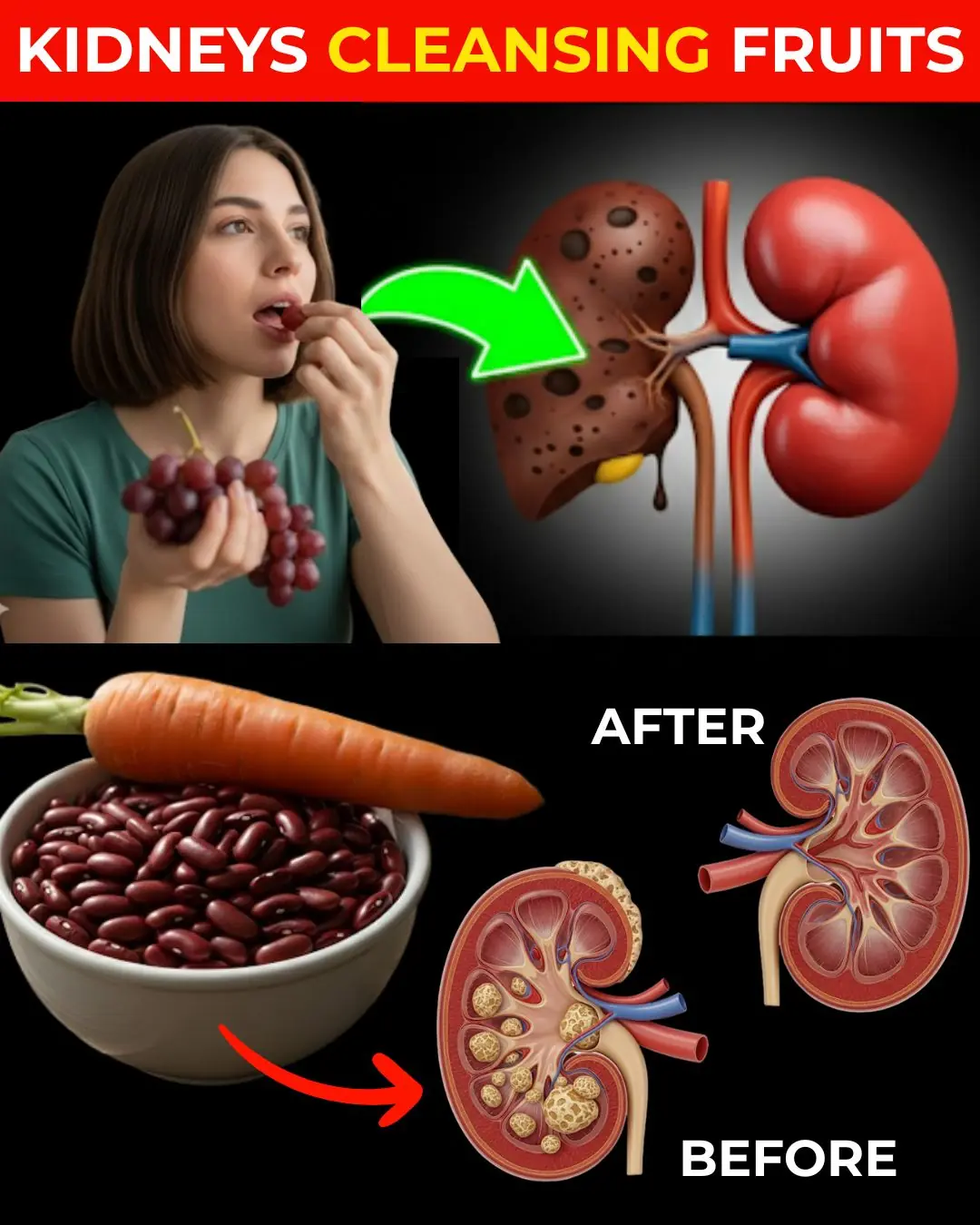
18 Powerful Foods That Help Detox Your Kidneys and Cleanse Them Naturally
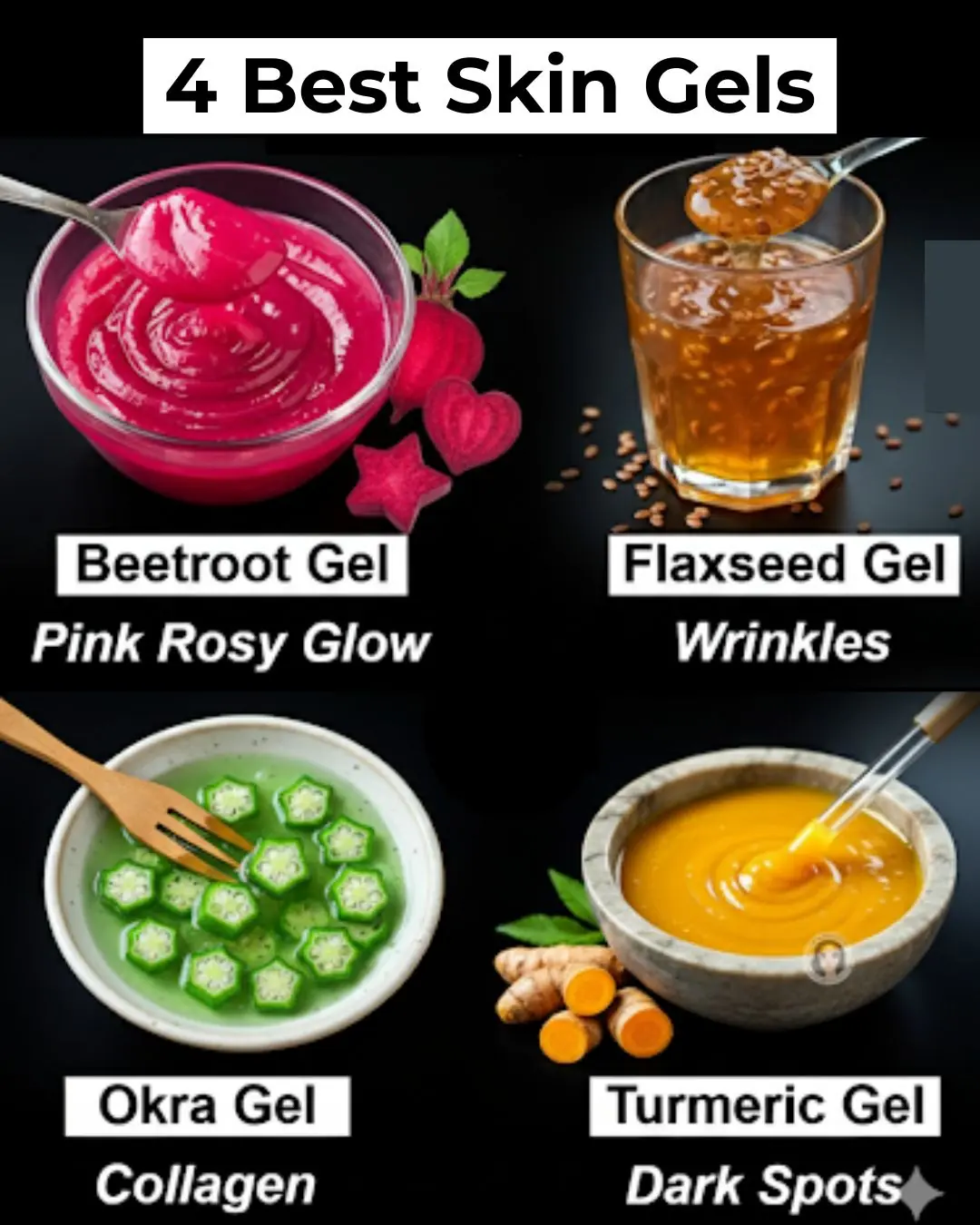
15 Best Skin Gels for Glowing Skin & Wrinkles
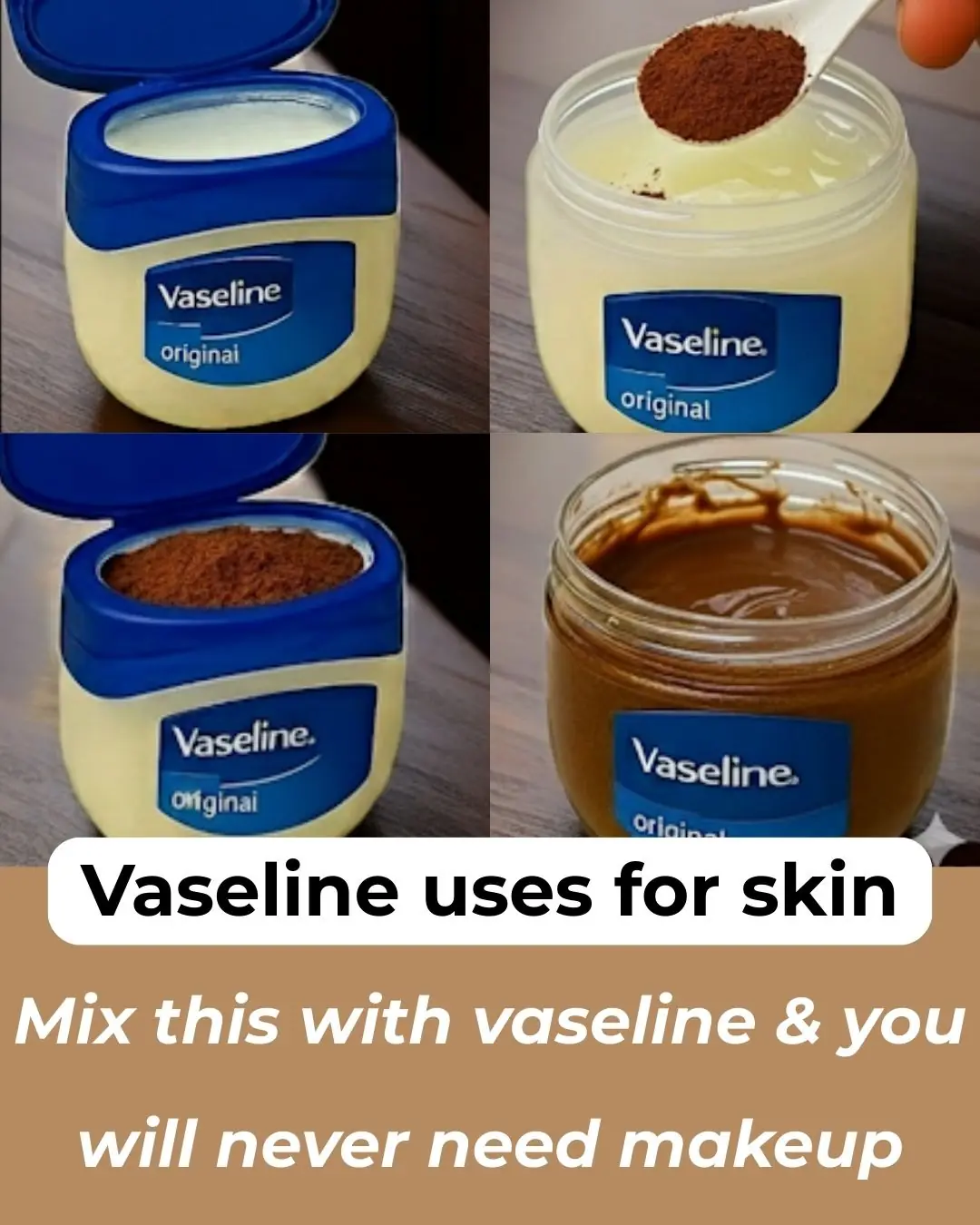
Vaseline Uses and Benefits for Skin, Lips and Hair | Petroleum Jelly Benefits

🥚 What Happens to Your Body When You Eat 2 Eggs Every Day?

‘Miracle’ Moment: Cross Necklace Stops Bullet and Saves Man’s Life

Christian Bale Built $22 Million Foster Care Village in California
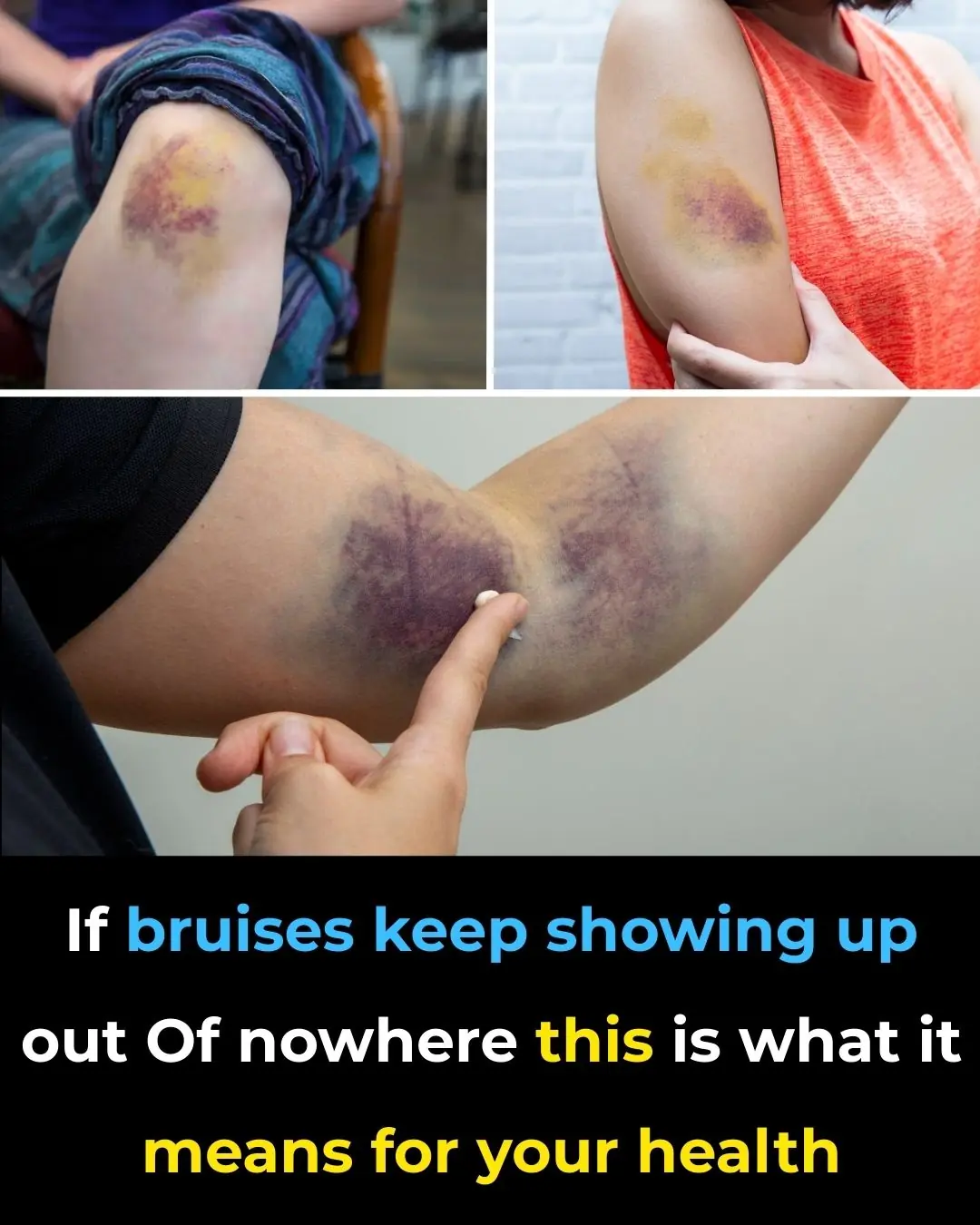
Unexplained Bruising on Your Body: Causes and Treatments

If your private parts smell fishy, it’s something you should be aware of

10 Hidden Signs Your Immune System Is Under Attack
